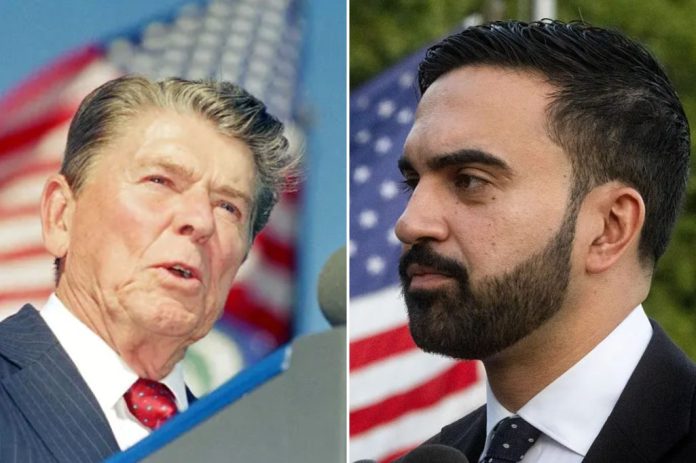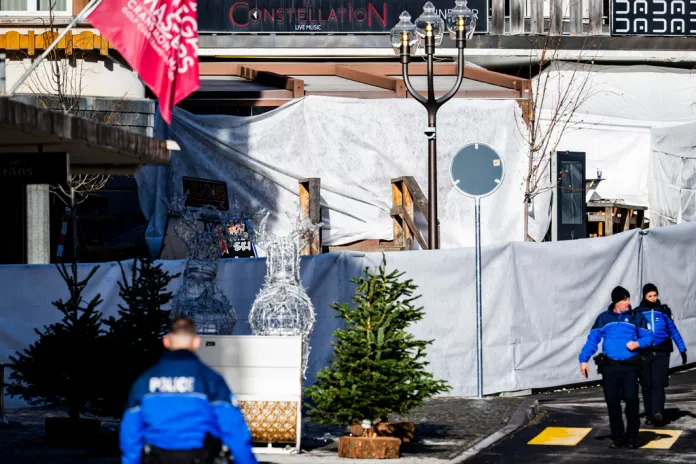US-Canada travel craters – Washington Examiner
The article discusses the deteriorating relationship between the United States and Canada, particularly during President Donald Trump’s second term. Increasingly tense interactions, evidenced by political rhetoric and public sports events, have raised concerns about potential impacts on travel and tourism between the two nations.
Following threats to Canada’s economy and public statements undermining Canadian sovereignty, both the U.S. and Canadian governments are experiencing a shift in public sentiment. The recent Canadian federal election saw Prime Minister Mark Carney attribute some of his victory to widespread voter anger towards Trump. This negative atmosphere has led to a decline in cross-border travel, with Canadian airlines cutting routes to U.S. destinations amid falling demand and Canadians hesitating to visit the U.S. for fear of possible detainment.
Travel consultants report growing anxiety among Canadian travelers about visiting the U.S., with some Canadians actively avoiding crossing the border to support the American economy. there’s a marked sense of unease, with both nations indicating a desire to maintain their ties despite the current political climate, which is increasingly characterized by sadness rather than outright hostility.
US-Canada travel craters
From heated political rhetoric between heads of state to loud booing at NHL games, all signs say the relationship between the United States and Canada looks to sour in President Donald Trump’s second term. Whether it’s the threat of tariffs or the president’s use of “the 51st state” to refer to America’s neighbors to the north, rising tensions threaten to discourage cross-border pleasure jaunts between the two countries’ citizens.
While Trump makes threats against the Canadian economy and lobs barbs northbound in public statements and social media comments, the mood of the U.S. played an unusually strong role in the April 28 federal election that extended the reign of Prime Minister Mark Carney, the leader of the Liberal Party. Carney and vanquished Conservative rival Pierre Poilievre faced questions from the Canadian electorate about how they would handle the American president with his claims of shaky Canadian sovereignty and promises of economic retribution against a longtime ally. With many voters angry at Trump, both candidates fed that anger, and Carney emerged on top.
With plenty of other travel options available for North America’s would-be sojourners, the building unpleasantness between Washington and Ottawa promises to disrupt the travel and tourism business along the world’s longest demilitarized border.
While it’s too early to calculate the financial impact for 2025, more than 20 million Canadian tourists and business travelers visited the U.S. to spend more than $20 billion during the previous year, according to the U.S. Travel Association.
A report by Statistics Canada, looking the other way across the border, reported total U.S. traveler expenditures at 12 billion Canadian dollars for 2023. The travel industries for both countries expect those relevant numbers to decline in a heated and chippy 2025.
The first major tangible blow to the U.S./Canada travel world fell recently as Canadian airlines Air Canada, Flair, Porter and WestJet cut routes to vacation destinations such as Miami, New York, San Francisco and Washington, D.C. – all while citing a drop in business and travel demand along those routes in favor of European destinations.
Melinda Bachand is the founder and managing consultant for Distinctive Talent Partners in Vermont. While she doesn’t see open hostility between Americans and Canadians yet, she is sensing some tension that could affect her business.
“I wouldn’t say people are actively avoiding each other,” Bachand said, “but there’s a noticeable unease that’s creeping into conversations, especially among those of us who live near the border and cross it frequently for work, family, or travel.”
Bachand insists her neighbors in Vermont don’t view Quebec as foreign, but just the “next town over.” She has Canadian clients flying out of Montreal for affordability and convenience. While they’re still traveling, Bachand reports that those travelers definitely ask more questions than usual.
“There’s hesitation and a sense that something might go wrong, even if it hasn’t yet,” she said. “That uncertainty alone changes behavior. People double-check things, think twice, or choose different routes. It’s not avoidance exactly, but it’s not business as usual, either.”
Bachand said she believes Canadians think they will be detained or deported if they visit the U.S. — and she agrees with their caution.
“They likely will, and it will have long-lasting, negative implications,” she said. “I live in a town with a sub-Ivy League school that’s pretty exclusive. They had three students deported last week. I would have never thought something like that would happen, so I can only assume the xenophobia has been collected and tossed in a Petri dish. Now we sit back and see what disgusting sludge we created.”
Adam Chapnick is a professor and deputy director for education at the Canadian Forces College at Canada’s Department of National Defence. Judging the overall business and sociopolitical atmosphere between Canada and the U.S., he sees underlying fear and hostility taking root in Canada.
“A number of friends and colleagues have canceled trips across the border,” Chapnick said. “In my experience, Canadians are not trying to avoid Americans. They are trying to avoid the United States and supporting the American economy. Some Canadians believe they could be detained and deported if they visit U.S. soil, particularly those who are members of visible and/or religious and/or ethnic minorities.”
Chapnick said he doesn’t know if the current bad feelings are going to last, considering the early days of Trump’s latest administration and policies, but he can’t foresee Canadians warming to the president’s ideas.
“Again, I really don’t think the conflict is between individual Canadians and Americans,” he said. “I have not seen or heard of Americans in Canada being abused in any way. The issue is that Canadians do not want to support the American administration directly or indirectly by spending money that will grow the US economy at this time.”
Houston-based Linda de Sosa is a leisure travel consultant booking individual clients and group trips to and from Canada. She plans to travel and scout Newfoundland and Labrador in July because she has no hesitation traveling north. Still, she can’t say such anxiety isn’t taking hold for fellow industry professionals or their clients.
“Unfortunately, too many foreigners read the mass media and are sure they are going to be stopped in the U.S., either because of their sexuality or other unfounded fears,” de Sosa said. “I’ve seen those comments from Canadian friends in the travel industry. They ignore the fact that Trump appointed the highest-ranking gay man ever in Scott Bessent, secretary of the treasury, who is fifth in line to the presidency if something were to happen.”
The ironic predicament de Sosa sees for wary travelers is that the best way for foreigners to dispel their fears of other countries or to tear down any ideas of hostility and intolerance is to visit the countries they fear. Under the current rhetoric and hype, those explorations are becoming less likely and less frequent.
“The sad thing is visiting each other’s nations is how these myths are busted,” she said. “I have been to 163 countries, and things that I hear foreigners say [about the U.S. and the Trump administration] are straight from the media — and it couldn’t be more wrong. I find it very sad.”
100-DAY REPORT CARD: TRUMP TORNADO SHOCKED AMERICA — AND THE WORLD
Bachand said she can’t see anyone enjoying the current state of business and cooperation between long-term allies.
“If anything, what I’m seeing isn’t hostility, ” she said. “It’s sadness. There’s a subtle grief about the shift [in relations]. I see people feeling a kind of quiet, emotional distance that wasn’t there before.”
John Scott Lewinski is a writer based in Milwaukee.
" Conservative News Daily does not always share or support the views and opinions expressed here; they are just those of the writer."




